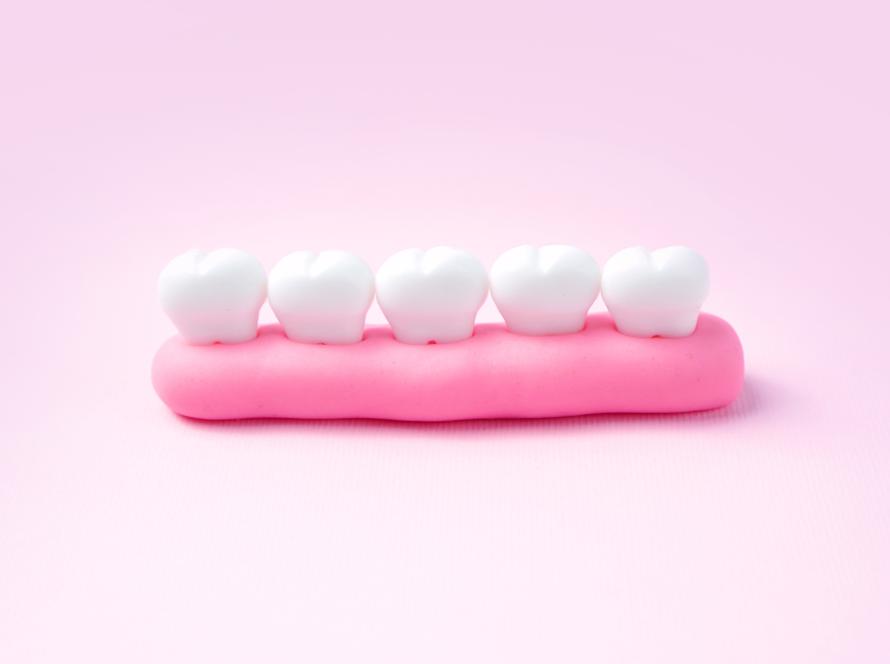When it comes to kids’ oral care, many parents wonder whether mouthwash should be part of their child’s daily routine. While it can be beneficial in certain situations, not every child is ready for it. Below, we break down key considerations and share expert commentary from Woodlawn Kids Dental to provide in-depth insight into the use of mouthwash for kids. (OralB, Kids Mouthwash – Benefits and Mouthwash Safety, https://www.oralb.ca/en-ca/oral-health/life-stages/kids/mouthwash-benefits-mouthwash-safety
Older Kids Benefit from Mouthwash
Older children and young teens may express interest in mouthwash, especially as a way to freshen their breath. For kids with braces, fluoride rinses can offer added protection by targeting areas that are difficult to reach with brushing alone. Mouthwash can help guard against plaque bacteria, reducing the risk of decay around orthodontic appliances.
“We often remind parents that during orthodontic treatment, a kid’s dental cleaning at home becomes trickier. Fluoride mouthwash can serve as an extra defense layer, reducing the risk of white spot lesions and decay around brackets. However, it’s key that older kids understand it’s not a shortcut—just a smart supplement to regular brushing and flossing. For teens, especially those navigating braces, a fluoride rinse can be a real game changer for keeping a healthy smile intact.” — Woodlawn Kids Dental.
Young Children Should Avoid Using Mouthwash
For younger children, the use of mouthwash is generally discouraged. Children under six are not developmentally ready to use mouth rinses safely, as they may accidentally swallow the liquid. Even children aged six to twelve should only use mouthwash under close adult supervision. Excessive fluoride exposure in young children can result in dental fluorosis, which leaves streaks or spots on developing teeth.
“The swallowing reflex in young children isn’t fully developed, which makes fluoride rinses risky for them. Even though fluorosis is harmless, the visible marks it leaves can be frustrating for both parents and children later. We always stress that a kid’s oral care routine should be tailored to their developmental stage—what’s helpful for a 10-year-old can be risky for a 5-year-old. Supervision is non-negotiable when mouthwash enters the picture, and often, we simply advise skipping it altogether for younger kids until they’re ready.” — Woodlawn Kids Dental.
Kid-Safe Mouthwash Options
Alcohol-free mouthwash products are available for parents concerned about ingredients and can be just as effective at freshening breath and providing fluoride protection. However, it’s important to remember that no mouthwash—no matter how safe—can replace the fundamentals of brushing twice daily and flossing regularly to maintain a healthy smile.
“It’s great that parents now have a wider selection of kid-safe mouthwash products, including alcohol-free and gentler formulas. That said, we often see a misconception creep in—thinking that mouthwash can replace a thorough kids dental checkup or even daily brushing and flossing. It can’t. Mouthwash is like the icing on the cake: useful but never a substitute for the fundamentals. We also remind parents to read ingredient labels closely, especially if their child has sensitivities, and to keep the conversation going about why every step of oral care matters for a lifelong healthy smile.” — Woodlawn Kids Dental.
Final Thoughts
Mouthwash can be a helpful part of a child’s oral care routine—but only when introduced at the right time and with proper supervision. Older kids and teens, particularly those with braces, stand to benefit the most from fluoride rinses. However, for younger children, the risks often outweigh the benefits, and mouthwash should be used with great care, if at all. Regardless of age, it’s critical to reinforce that mouthwash is a supplement, not a substitute, for daily brushing, flossing, and routine kids dental checkups.
“We always tell families that a child’s oral care isn’t one-size-fits-all. Every stage brings new challenges, and what works for a teenager isn’t always right for a younger sibling. Mouthwash has its place—but it’s part of a bigger picture. Parents should focus on building good daily habits first and introduce extras like fluoride rinses when kids are old enough to handle them safely. A healthy smile is built on consistency, patience, and regular check-ins with a trusted children’s dentist.” — Woodlawn Kids Dental.


